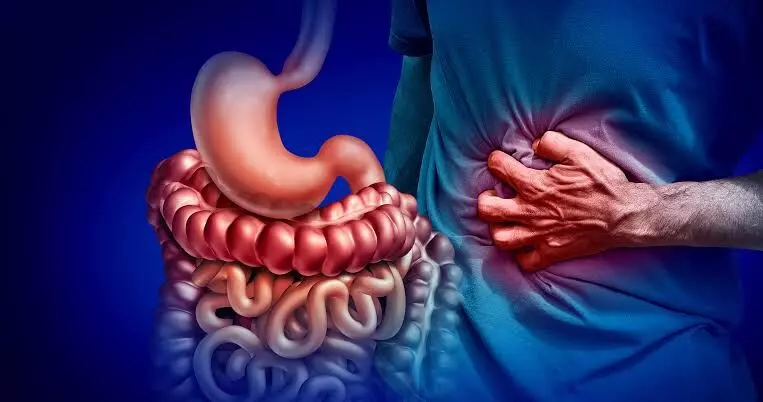World Inflammatory Bowel Disease Day: Here are some tips to reset gut health
In Hyderabad, the incidence of IBD is rising, particularly among younger demographics.
By Anoushka Caroline Williams
Representational Image.
Hyderabad: On the occasion of World Inflammatory Bowel Disease (IBD) Day, medical professionals are turning the spotlight on a crucial but often overlooked aspect of the disease—its impact on mental health.
While IBD is primarily known for its physical symptoms like chronic abdominal pain, fatigue, and digestive issues, experts emphasize that its toll on mental well-being is equally significant.
The Gut-Brain Connection: More Than Just Digestion
The human gut is sometimes called the “second brain,” housing millions of nerve cells that communicate directly with the brain. This relationship is particularly evident in patients with IBD, such as Crohn’s disease and ulcerative colitis. The chronic nature of these conditions, marked by painful flare-ups and uncertainty, often triggers anxiety and depression.
Dr. Gautam Ravi Kumar, a Consultant Gastroenterologist based in Hyderabad, speaking to NewsMeter, shared his insights: “We are seeing a rise in IBD cases among people aged 20-35. What is concerning is that many of them also exhibit symptoms of anxiety and depression. It’s not just about managing physical symptoms; the mental health aspect is equally critical.”
According to Dr. Kumar, nearly 40% of IBD patients report symptoms of anxiety, while 20% experience depression, often exacerbated during flare-ups. “The gut and brain communicate constantly. When inflammation is high, the gut releases signals that can directly impact mood and cognition,” he added.
Rising Cases Among Hyderabad’s Youth
In Hyderabad, the incidence of IBD is rising, particularly among younger demographics. Dr. K Janhvi Shekhar, another Consultant Gastroenterologist, attributes this trend to lifestyle shifts: “Our dietary habits have moved away from traditional, fiber-rich foods to more processed, high-fat diets. Stress and urban living are also major contributors.”
Shekhar noted that cases are increasingly diagnosed in teenagers and young adults, with some patients as young as eight years old. She emphasized that awareness and early diagnosis are crucial for managing both physical and psychological symptoms.
The Vicious Cycle: Stress and Flare-Ups
The relationship between IBD and mental health is cyclical. Emotional stress often triggers flare-ups, intensifying physical symptoms like abdominal pain and fatigue. In turn, these flare-ups contribute to heightened anxiety and depression, creating a feedback loop that is difficult to break.
Dr. Kumar explained, “When patients experience flare-ups, their anxiety levels shoot up. This anxiety can then worsen symptoms, creating a cycle that is both physically and mentally exhausting.”
A Call for Holistic Care
Doctors are advocating for a holistic approach to IBD treatment that includes mental health support. Integrating cognitive-behavioral therapy (CBT), mindfulness practices, and stress management techniques into patient care has shown promise.
Dr. Shekhar stated, “Mental health support is not just an add-on; it is essential for effective IBD management. When we address both body and mind, patients report fewer flare-ups and better overall well-being.”
Moving Forward: Addressing the Invisible Battle
As awareness around IBD grows, experts urge that mental health considerations must be part of routine care. They advocate for stronger support networks, psychological counseling, and lifestyle interventions to manage the dual challenges of IBD.
“If we only treat the physical symptoms, we are fighting half the battle,” Dr. Kumar concluded. “We need to recognize that IBD is not just a gut issue; it’s a mind and body struggle.”